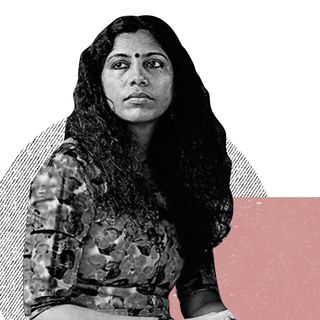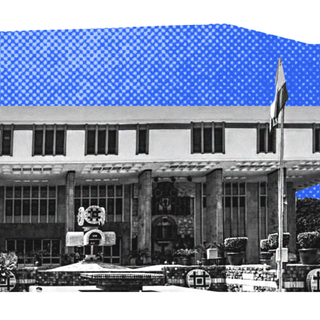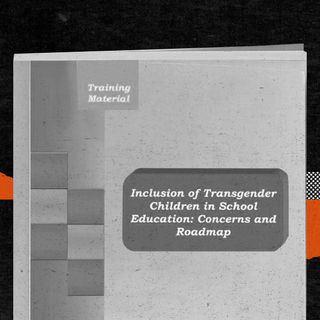Activists recently wrote to the central government with an important ask: to continue distributing free food grains and universalize food security. Their letter came in response to the Union government announcing the Pradhan Mantri Garib Kalyan Anna Yojana (PMGKAY), the emergency scheme launched during the pandemic, will end by the end of this month.
“The pandemic still exists and the uncertainty over livelihoods remains with unemployment at record levels,” the Right to Food Campaign wrote in the letter, according to The Hindu. PMGKAY was launched last year to respond to the pandemic-induced uncertainty, where about five kg of rice or wheat was distributed to people free of cost under the Public Distribution System (PDS). Recently, the Delhi government announced a free ration scheme until May 2022.
To put things into perspective: The PDS is the largest ever welfare program that offers subsidized food grain to poor households. But only 57% of the country’s population is currently covered under PDS. The campaign’s demand to universalize PDS raises two important concerns: one, the pandemic and its consequences still linger for a majority of people; two, the need to change the way PDS is framed in the public consciousness. Together, they hold important consequences for guaranteeing people food security and addressing worrying rates of malnutrition.
Currently, the food grain distribution also suffers from a logistical loophole. “Experience shows that PMGKAY was insufficient in providing for the crores of migrant workers who do not possess a ration card in their destination states,” The Wire noted. In some cases, almost three crore ration cards were canceled; others struggled to link their cards with the Aadhaar ecosystem, impeding their access to food security. Moreover, ration card quotas per state are currently based on population figures from the 2011 Census, not taking into account the increase in population. According to RTFC, nearly 42% of India’s population, including many vulnerable communities, are excluded from the PMGKAY scheme due to a lack of ration cards.
“At a time like this, when foodgrain stocks are at a record high and people are facing the real possibility of hunger and starvation, the government should universalize the public distribution system to ensure that anyone in need of ration would be supported irrespective of whether they possess a ration card,” the campaign noted.
Related on The Swaddle:
Give Wages, Arrange Trains for Migrant Workers Impacted by Covid19 Curfews: Academics
In a September 2020 judgment, the Supreme Court also noted all states should provide dry ration to female and transgender sex workers without insisting on identity proof or ration cards. On similar lines, the Supreme Court again noted in June this year that migrant workers without ration cards should receive free grains. “The government must enhance the allocation and in addition, provide foodgrains to all economically vulnerable groups, including migrant workers, sex workers, homeless, transgender persons, and unorganized sector workers,” the letter said.
Secondly, the call for universalizing PDS has reverberated through the years. It is not a freebie the government hands down, activists note, but an entitlement. One that also doesn’t exclude people based on identity cards (the collection of data to maintain this system becomes unfeasible during the pandemic).
India’s “free food for poor” program clings to iffy optics, framing “free food grains” as a government handout. TheNational Food Security Act (NFSA) in 2013 rightly declared a legal “right to food” for people and brought about fundamental reforms in the public distribution system. “…political indifference has meant that the effort to redress hunger among those deprived of livelihoods in the aftermath of the crisis was and remains woefully inadequate,” economists wrote.
Last year, a study noted the link between reduced malnutrition and inclusion under PDS. “Undernutrition among children from poor households those excluded from PDS is highest… Improving the quality of food grains and widening the food basket in PDS is recommended for reduction in the level of malnutrition in India,” researchers concluded.
Schemes like PDS that guarantee food security are tied to individual and collective growth. “Apart from basic nutrition, food security is linked to economic stability, long-term health, women’s empowerment, and the environment,” experts noted.
The question of food security is political. At its heart, it speaks to a fundamental human right to life — one that is threatened now more than ever.




